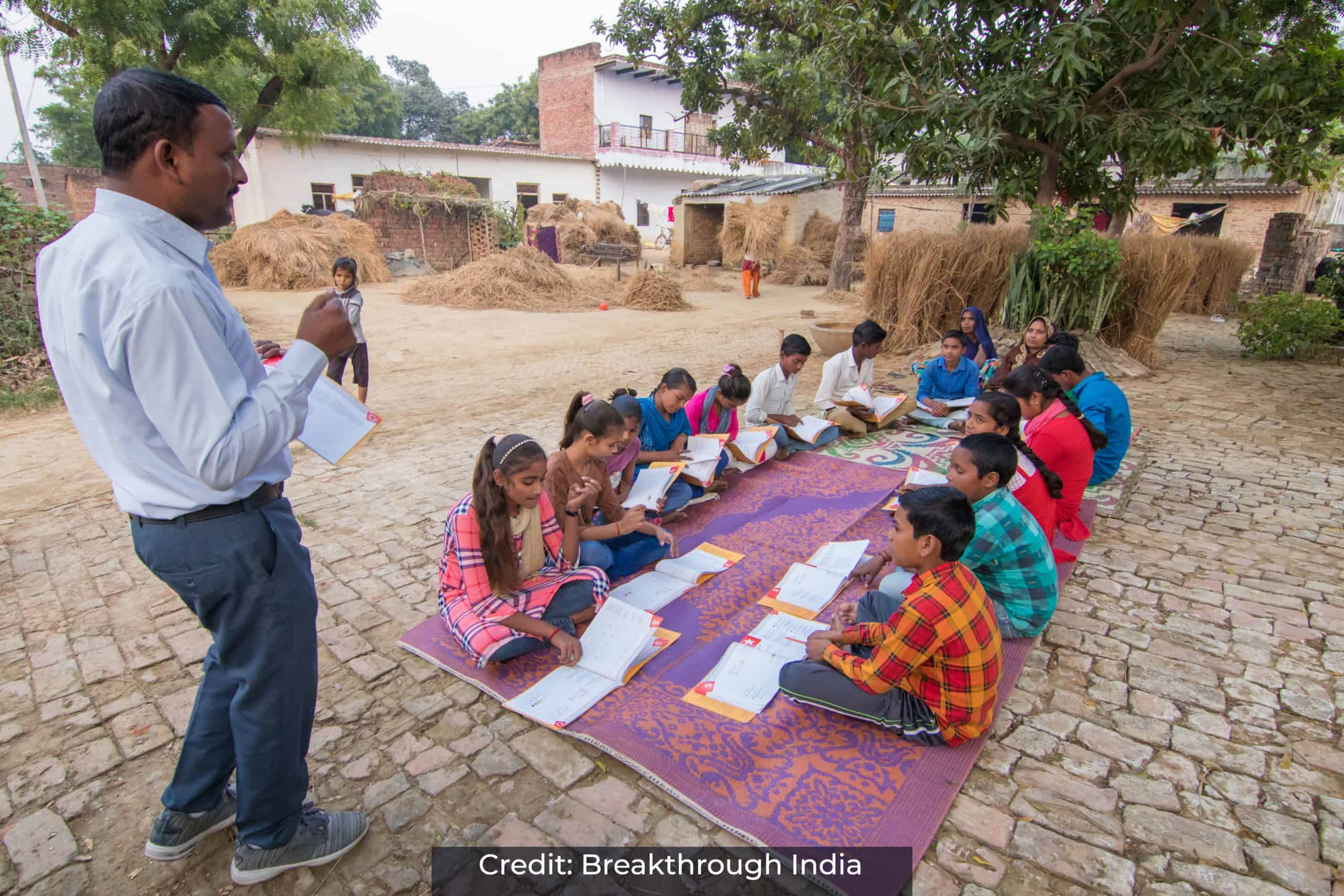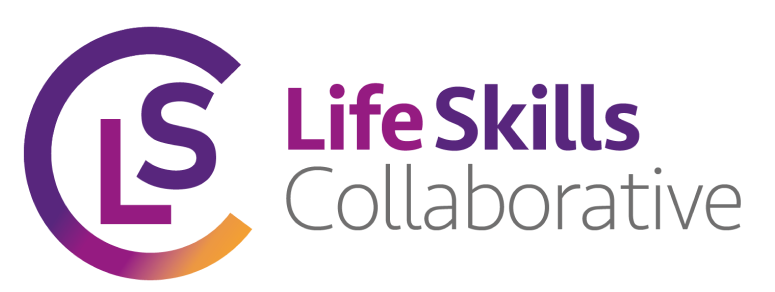- /
- /
- /
-
Teacher Skills Determines Students’ Life Skills
Teacher Skills Determines Students’ Life Skills

Life Skills is the new buzzword in education. From the government stating the importance of life skills in NEP 2020, to increased awareness among education practitioners – especially through the pandemic – the conversation around life skills has gained momentum in India. While there is a need to equip young people with the much-needed life skills, there is an even greater need to equip teachers with the very same life skills. Only then would they be able to prepare the young people of India.
Learning needs to be seen as a holistic experience. Regardless of what aspect of the curriculum they teach, teachers need to see themselves first and foremost as teachers of children – responsible for their overall development and well-being. So in order to mentor and help students learn and embrace life skills, it is crucial that teachers are trained and supported to teach life skills. We need to equip teachers with the necessary knowledge, skills, and attitudes to help them become great life skills’ teachers. Life skills can also inspire teachers to take care of their own mental wellness, stay cognitively flexible, and open-minded to change and innovation.
Training Teachers To Teach Life Skills
There is extensive research and evidence that point to the singularly key role that teachers play in influencing learning and shaping young minds. The Indian education system is home to 9.7 million teachers. A large proportion of them have never had meaningful learning experiences themselves, while in school and college. Nor have they received the necessary training to prepare their students as creative, compassionate, courageous, thoughtful citizens of our country. According to UDISE data, only 1 in 4 teachers in India are trained to teach online classes. And, about 22% teachers are not even trained in primary education in India.
At the Life Skills Collaborative, we suggest a few methods to support the teacher community to help them adapt better and bring them up to speed to the ever-changing and complex demands being made of them.
- Teacher needs assessment: It is necessary to assess the professional development needs of teachers through their career trajectory, with changing societal and educational imperatives. We also need to offer appropriate solutions.
- Professional Learning Communities: Teachers sharing good practices and knowledge amongst themselves – at local, national as well as international levels. They could help each other identify the knowledge gaps within the education system while also learning from each other. This encourages communication as well as collaboration.
- Continuing Professional Development: Learning is a lifelong process and a teacher who stays abreast of new developments in education and constantly hones their skills will always stay relevant to new generations of learners. Attending workshops, webinars, writing blogs, and getting coaching support are all opportunities to learn and cumulatively make a huge difference in school ecosystems.
LSC’s Assessment Tools
In order to make sure that life skills education is streamlined in India, we need to shift our focus to building teachers’ readiness to impart Life Skills education. At the Life Skills Collaborative, we are taking the lead in this regard.
The Life Skills Collaborative’s collaborators have developed the Adolescent Assessment Tools to focus on life skills in Adolescents, Teacher Tool to measure a teacher’s ability to impart life skills education, and System Tools to assess the system’s readiness to implement and deliver life skills education. Through these tools, LSC aims to gauge the system readiness for fostering life skills. The purpose of the tools is to support and enable the various practitioners of the education system, especially teachers, NGOs, CSOs, and government stakeholders, to embrace life skills training. A training manual/guide will also be provided to understand how to use the assessment tools better.
LSC India Glossary
Our team has also developed the Life Skills Glossary, which is a comprehensive set of 51 life skills. The glossary, a one-of-a-kind in India, is an invaluable tool for teachers to engage with and use to teach life skills to children.
Recognising the need to empower teachers with life skills, LSC is celebrating the Life Skills Glossary Month all through February. We aim to engage with 400 teachers through social media to drive greater awareness and adoption of the glossary.
To learn more about teacher training for life skills or our assessment tools, please write to talktous@lifeskillscollaborative.in.



